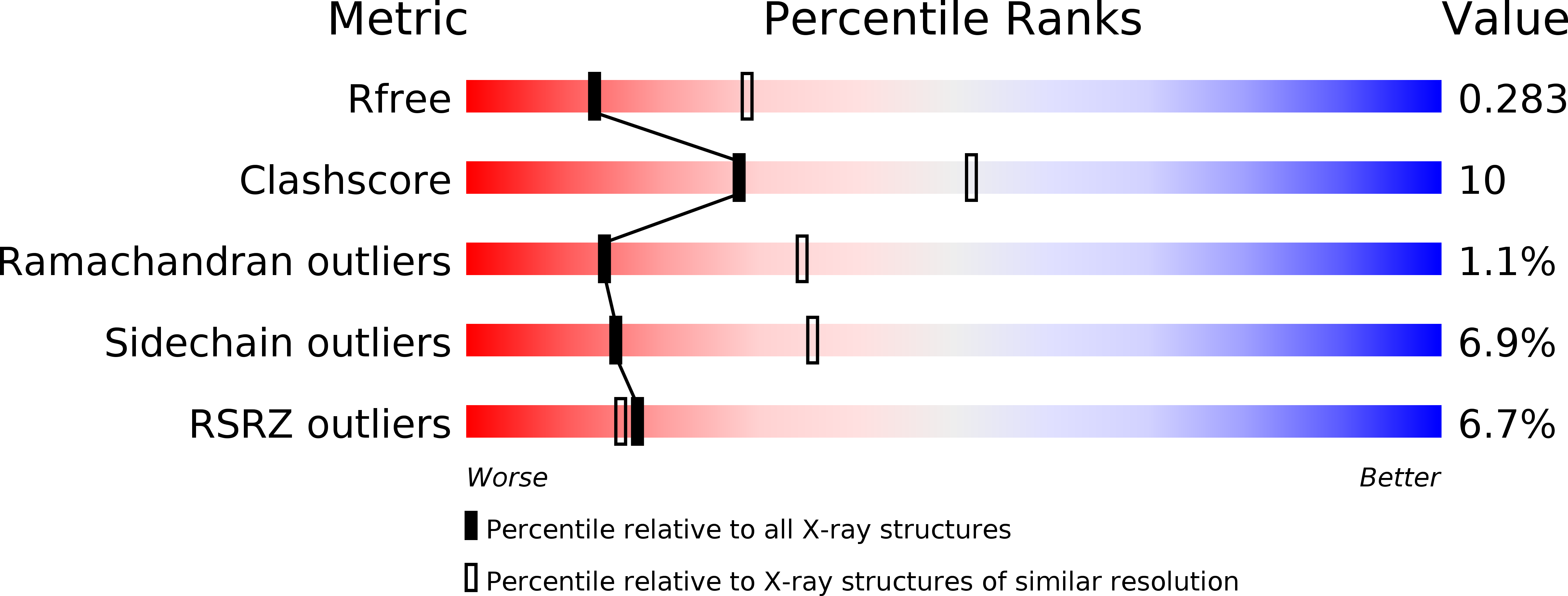
Deposition Date
2011-07-05
Release Date
2012-05-16
Last Version Date
2024-11-20
Method Details:
Experimental Method:
Resolution:
2.70 Å
R-Value Free:
0.28
R-Value Work:
0.22
R-Value Observed:
0.22
Space Group:
P 1 21 1


